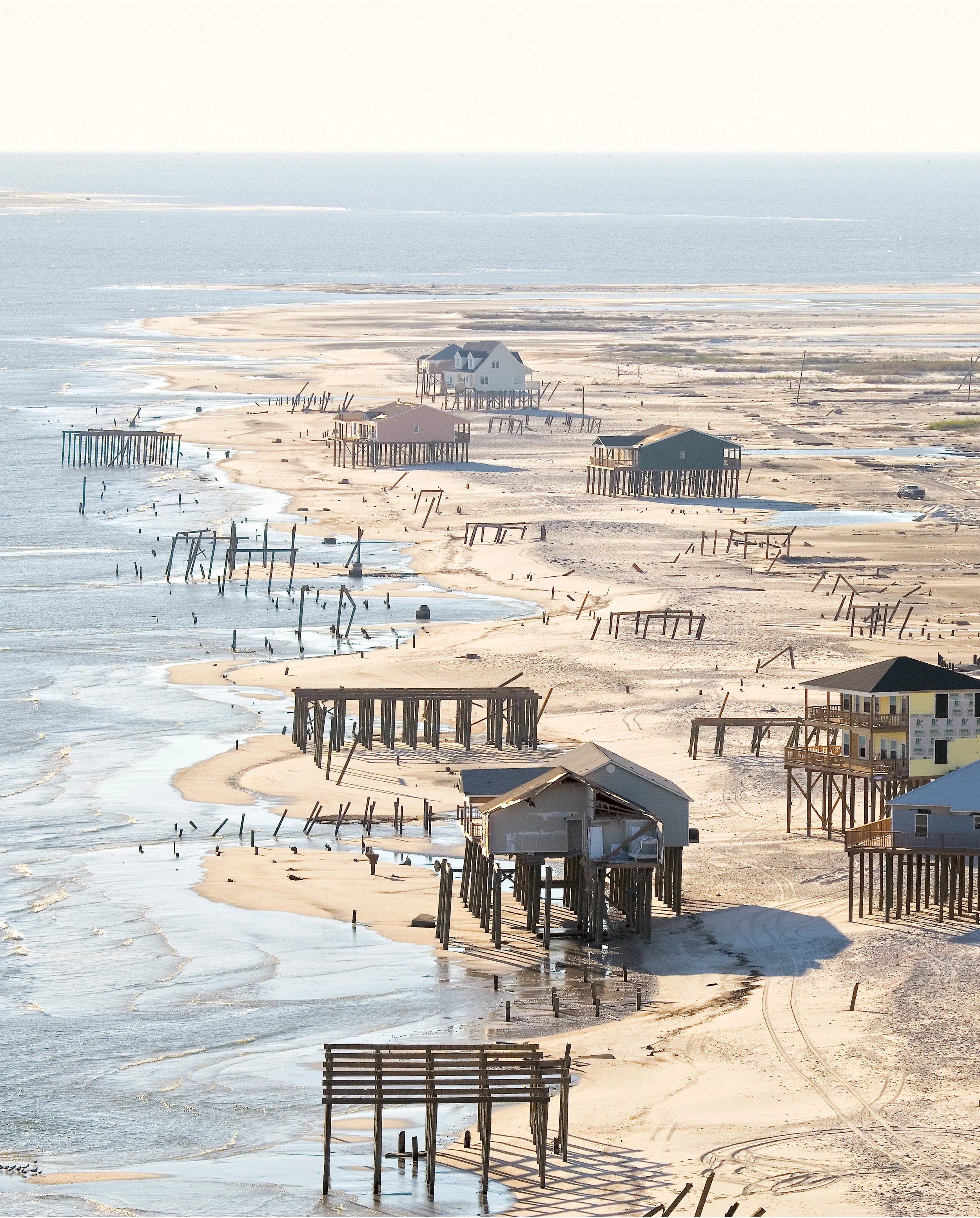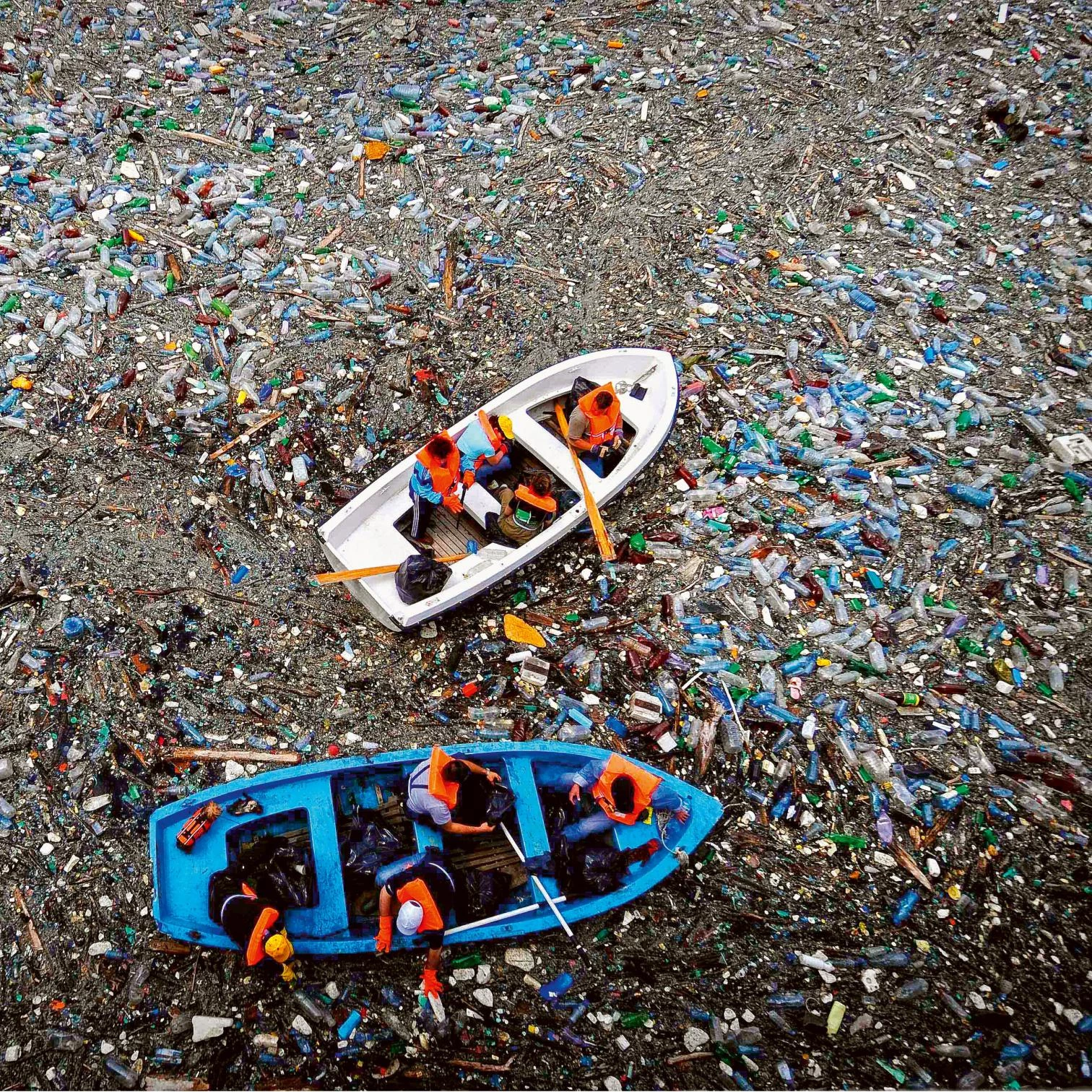
We call it Earth, but we could have named it Water. More than two thirds of our planet is covered by oceans, which interact with the earth’s biosphere and the atmosphere to influence climate and intervene in the carbon cycle. The widespread use of fossil fuels in the Anthropocene has destabilized the system’s flows, causing the warming and acidification of water, the fusion of the polar caps and the ensuing sea level rise, as well as the loss of biodiversity in the planet’s largest ecosystem, the one formed by the oceans. While climate change is dramatically expressed through extreme weather events, from tornados to massive floodings, the extinction rate of marine or earth species increases silently, but is no less crucial to our future. The fifth mass extinction was caused by an asteroid 66 million years ago, but only humans are responsible for the sixth one under way today.
The intertwined tragedy of climate change and the extinction of species finds in the oceans its largest and most neglected stage. Moved always by economic factors, ocean exploration and research has never had the dimension it deserves and, for example, we have had to wait until the five Arctic powers have claimed their rights to see those seabeds charted with precision. The sea used to be path and pantry: support of trade routes or military power, and endless food source. In western contemporary imagination, however, the planet’s seas and coasts are seen as spaces for leisure, only altered by catastrophic storms or tsunamis; by the arrival of political refugees, economic migrants, or people displaced by climate change, in boats so fragile that many do not survive the journey; and by the contamination of beaches by black tides, urban residues, or domestic waste.
Aside from being a threat for coastal towns and a graveyard for the desperate, the sea is today a huge dumpster into which eight million tons of plastic are thrown every year, concentrating in huge gyres, including the ‘seventh continent,’ a floating island in the Pacific. All the more worrying is the spread of microplastics, which end up on Mount Everest’s summit or in the Mariana Trench, putting governments and the industry before the challenge of abandoning the massive use of plastic materials, especially in product packaging, where the alternatives – cotton bags or cardboard boxes – often need even more energy and water for production and transport. This magazine is still sent to readers sealed in plastic, and until we find another protection system we can only ask you to deposit the used wrapping material in a recycling bin: the oceans and our children will be grateful.







